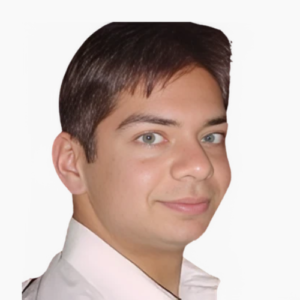Hatim Hassan
Professor of Medical Oncology UC San Diego
Hatim Husain, MD, is a medical oncologist who specializes in treating lung cancer and brain tumors. He strives to provide the highest level of care for his patients and their families. Dr. Husain uses numerous forms of therapy such as chemotherapy, hormonal, biological, and targeted therapy to offer the best possible treatment options.
As a professor in the Department of Medicine, Dr. Husain instructs medical students, residents and fellows at UC San Diego School of Medicine. He is also a physician-scientist dedicated to understanding the cancer genome and how to advance meaningful, precision-oriented therapies for patients.
Dr. Husain has developed a translational research focus and collaborates with scientists across UC San Diego to bring discoveries from bench-to-bedside. His efforts include expanding tools for tracking cancer growth specifically through circulating tumor DNA analyses; understanding the mechanisms of cancer formation in non-smoking patients; and investigating how the genome can provide clues to optimal treatments and new therapies.
Dr. Husain’s work has involved understanding mechanisms of resistance to gene-directed therapies, including anti-epidermal growth factor receptor (EGFR) treatments and further characterizing the mechanisms of immunogenic cell death in cancer cells.
He completed a fellowship in medical oncology at Johns Hopkins School of Medicine and a residency in internal medicine at Keck School of Medicine of USC. Dr. Husain earned his medical degree from Northwestern University Feinberg School of Medicine.
Seminars
- Exploring how ctDNA dynamics, including methylation patterns, can be leveraged to evaluate therapeutic response and inform treatment decisions
- Discussing the translational value of ctDNA analyses in uncovering mechanisms of resistance and guiding precisionoriented therapies
- Highlighting opportunities to integrate ctDNA into routine clinical workflows to better monitor tumor evolution and improve outcomes for patients with hard-to-treat cancer

